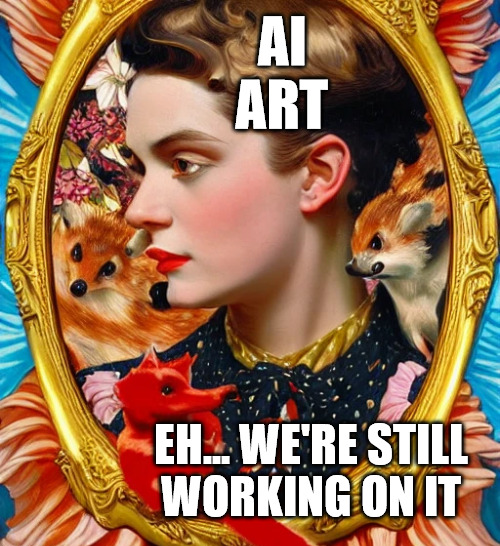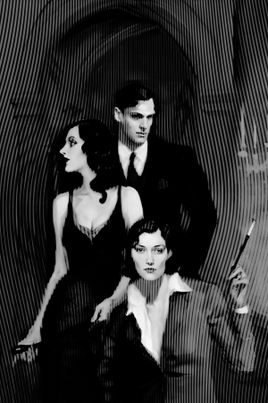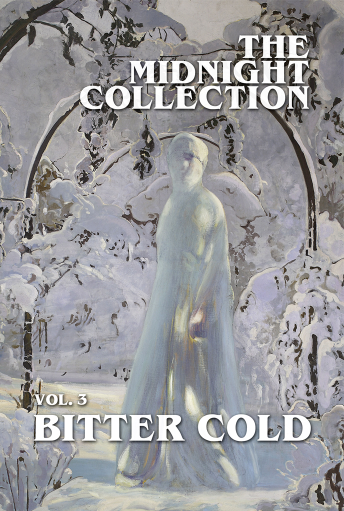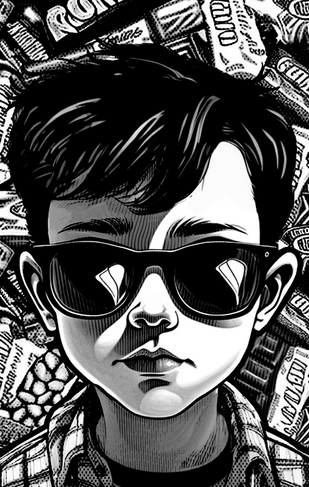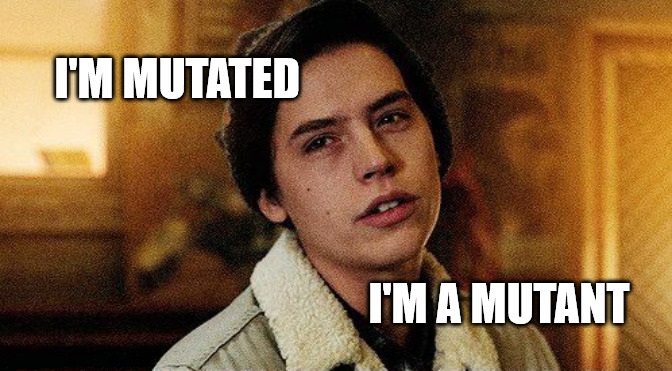In pursuit of my conquest of the categories of FtB articles, I must think a thought about FREETHOUGHT. Sometimes our network shows a bit of disunity in the continuing mission to be progressive and secular charismatic preachers. But there can be reasonable disagreements within that remit, and no one lately has come out the side hatch with regressivisms or god belief, so we’re cool on that level.
It’s just a little funny to see somebody who is like, God? Nuh. Ghosts, well… That’s alright tho, as I said. It’s interesting to me that we all have different reasons for our unbelief. At least one of us has stated unequivocally they arrived at it through a kind of Cartesian meditation, another that it was the injustice of christian dogmas alone that pushed them away.
My own feeling du jour is that some people are constitutionally incapable of believing in the immaterial, some people being me. I didn’t have a choice, and still don’t. Whenever I’ve had a feeling that touches on the transcendent, I recognized that there was nothing genuinely supernatural to it. No, not strictly accurate. I never stopped noticing the real.
The activism was a choice. I speak out in defense of philosophical materialism because people like me, who have never seen a ghost and never will, shouldn’t have to feel like grim outliers in the no-fun police. We’re fun, I swear! So fun. I like to think I’m fun.
–

